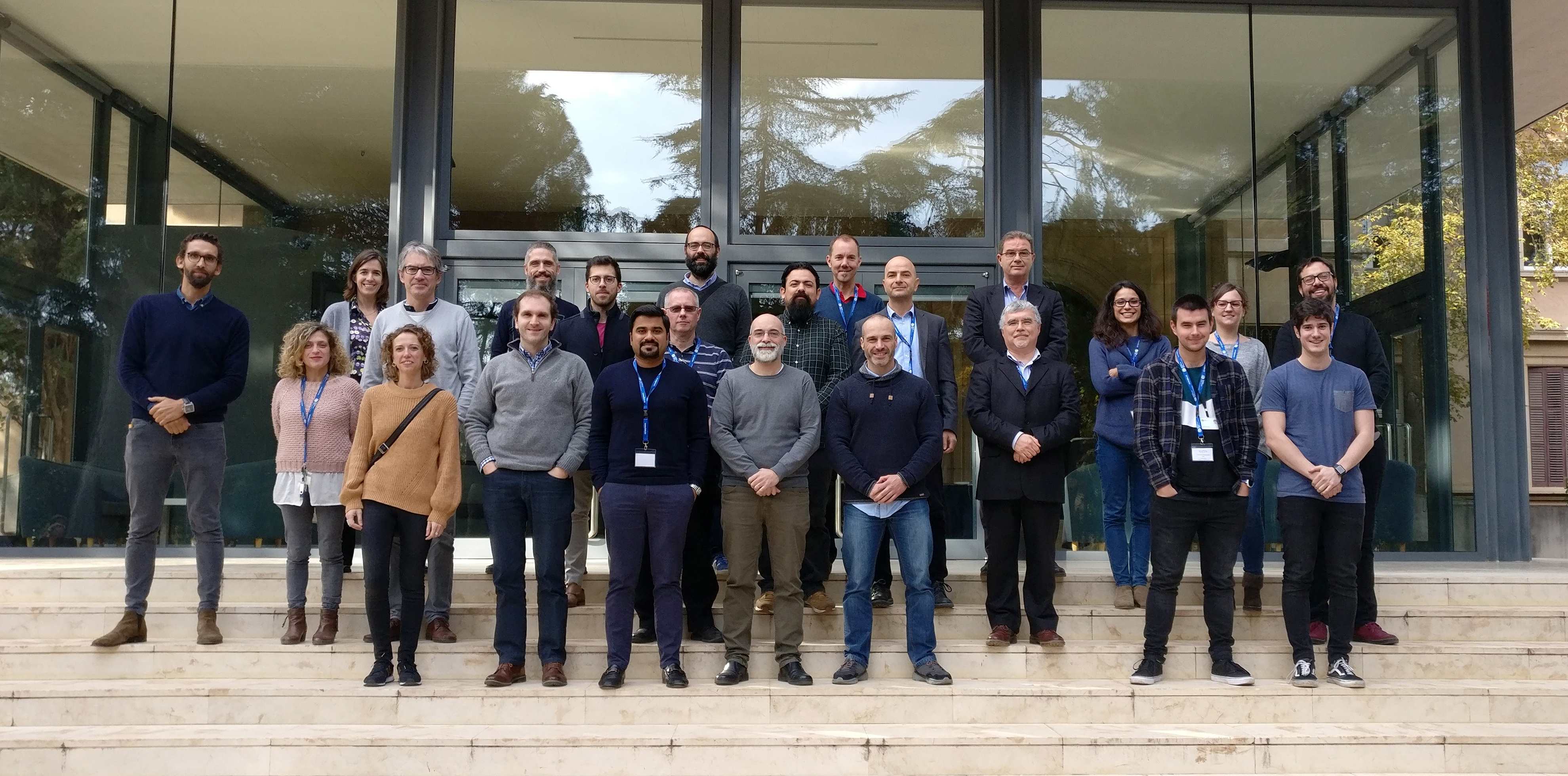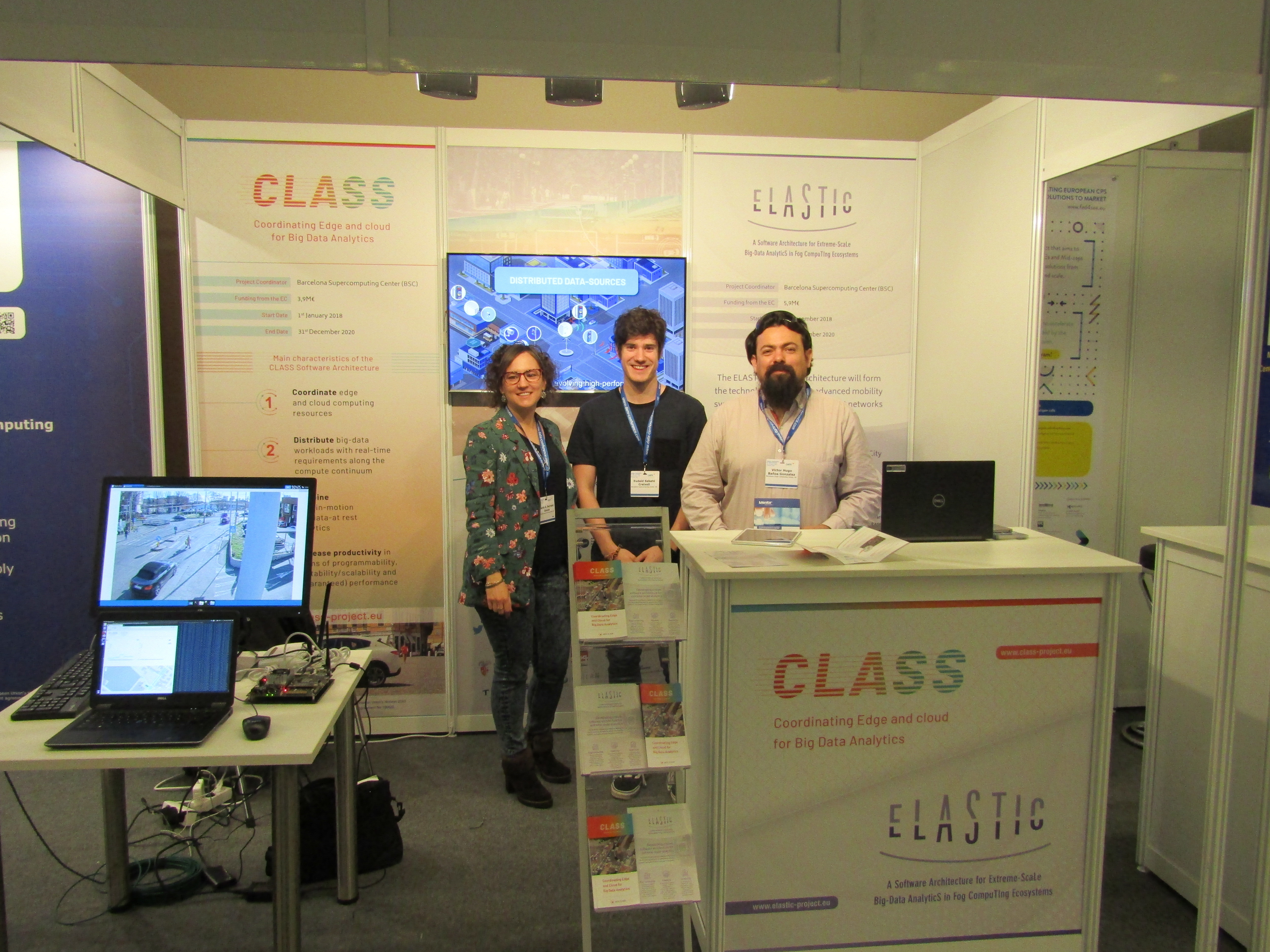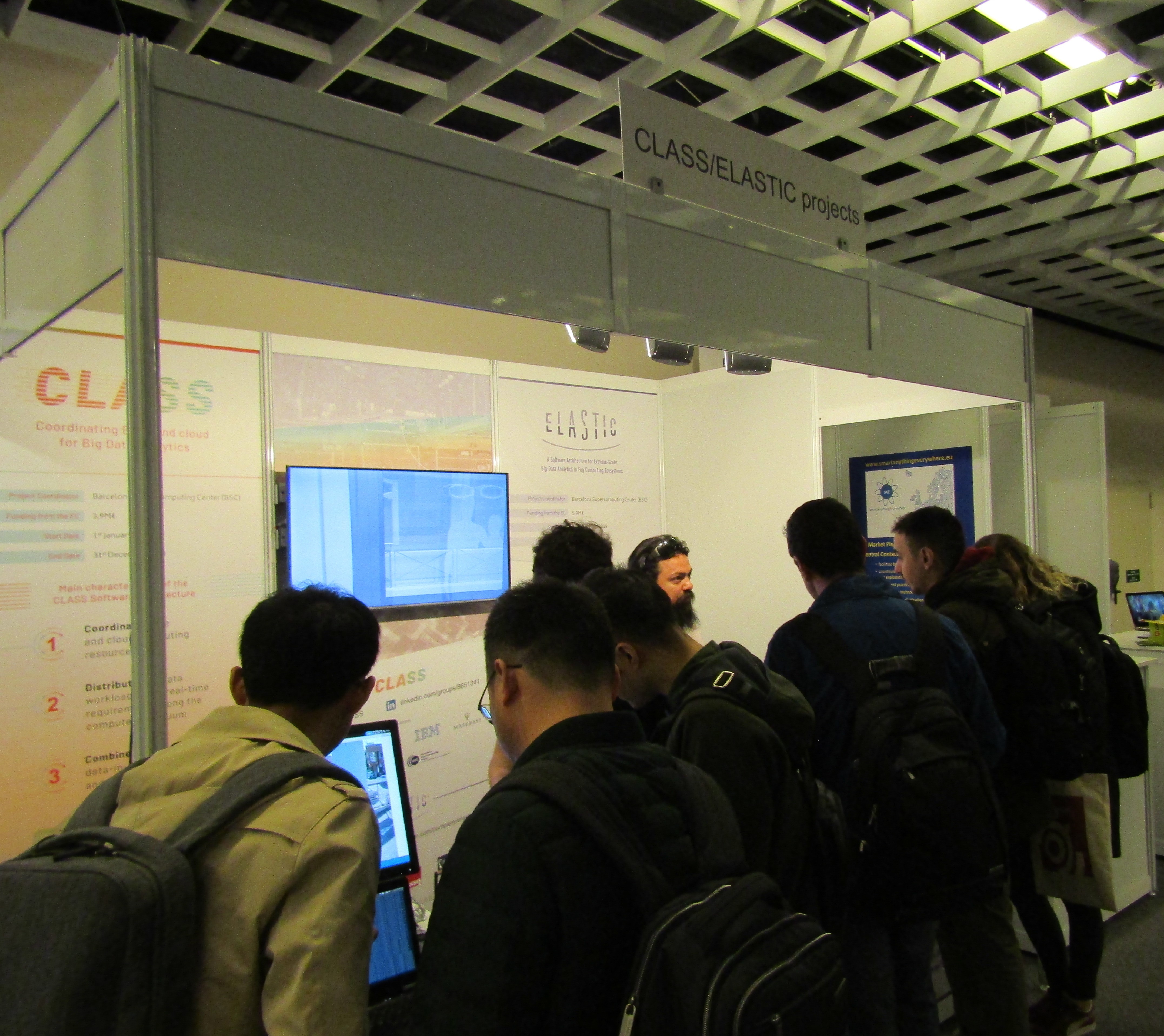The ELASTIC project, recently funded by the European Union’s H2020 programme will develop a novel architecture for extreme-scale analytics. It will incorporate a novel elasticity concept to distribute computational resources across the compute continuum. The ELASTIC software architecture will form the technological basis for advanced mobility systems and autonomous transport networks.
The architecture will be used to deploy a smart mobility use-case in a real urban area within the City of Florence (Italy). The data generated by the tram network and trams vehicles themselves will be collected and processed using technologies such as embedded architectures, heterogeneous sensors, V2X connectivity and cloud resources.
Eduardo Quiñones, ELASTIC project coordinator at the Barcelona Supercomputing Center (BSC), said: “ELASTIC will allow the project to extend the concept of elasticity by developing a new type of distributed system capable of autonomously scaling computing and storage resources across the compute continuum, from edge to cloud”. He went on to state: “This novel elasticity concept will not only increase the performance of distributed extreme-scale big-data analytics systems, but it will also achieve the fulfilment of other non-functional requirements such as real time, energy or security, which are crucial for the development of advanced and autonomous mobility systems of the future.”
As the project is set in the context of fog computing —an extended version of cloud computing to the network edge - it is suitable for internet of things (IoT) and applications that require real-time capabilities and the processing of Big Data.
In current architectures, when data analytics is moved to the cloud, the processing time and energy cost of computation is reduced, but the performance of the system (in terms of latency) is adversely affected, making it impossible to derive real-time guarantees. In addition, the level of security required increases to minimise potential attacks, which may end up affecting the safety assurance levels.
The ELASTIC technology will address these challenges while providing the technological background for the developing of new mobility services.

Image: ELASTIC launched its activities in December 2018 at Barcelona Supercomputing Center (BSC)

 At the BDEC plenary on 15 May, during the
At the BDEC plenary on 15 May, during the 


